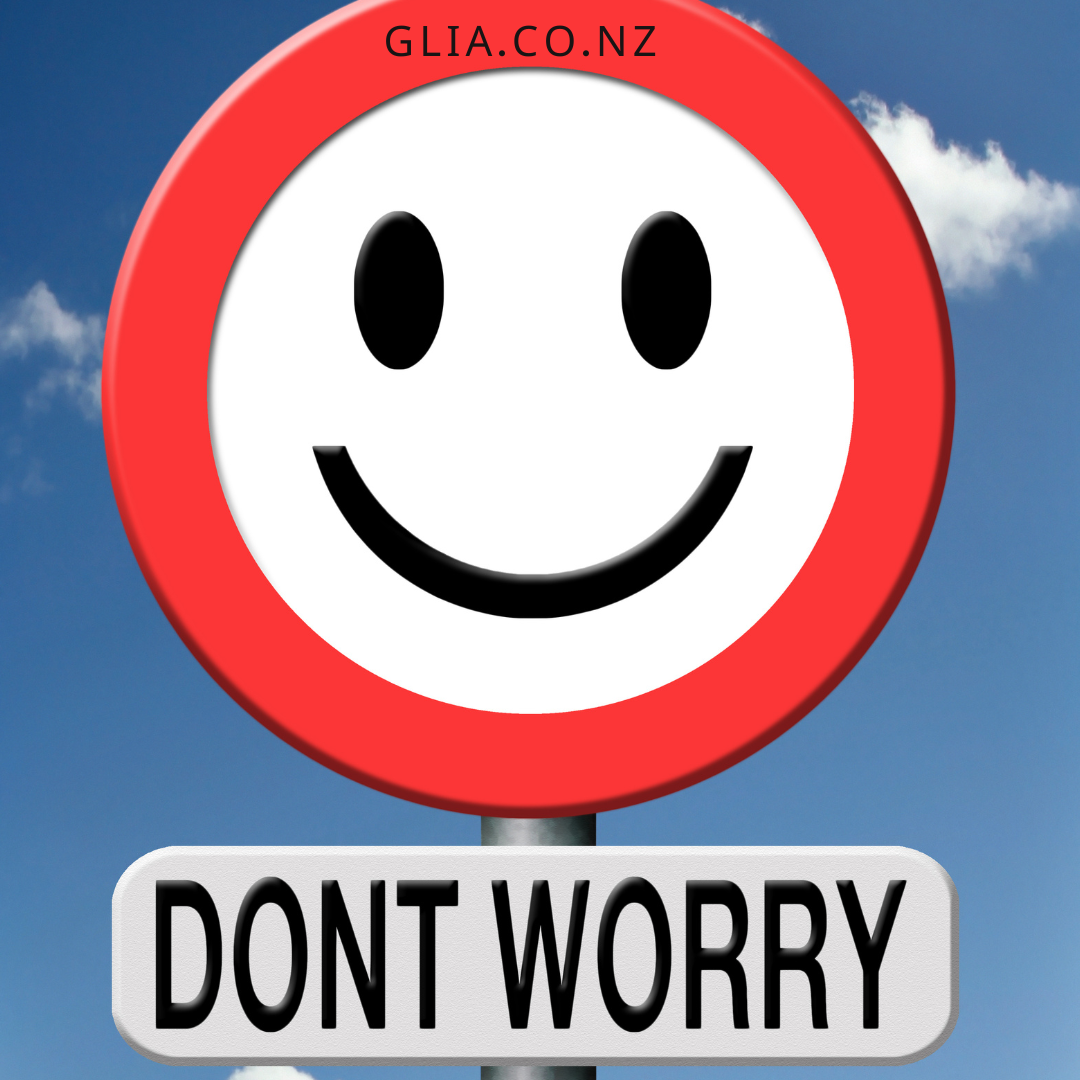Most people are familiar with the terms burnout and stress, and have an understanding of what poor workplace mental health looks like. But what is it that we are aiming for? What does a psychologically ‘well’ workplace look like?
How to Talk About Mental Health at Work
Mental Health - we all have it, and yet it can be difficult to talk about, especially at work.
October 10th 2023 is World Mental Health day and the theme this year is ‘Mental Health is a universal human right.’
How do you actually bring up the topic? Or, if someone else lets you know they’re struggling, how should you reply?
How to Protect Yourself From Burning Out (Without Doing Yoga)
In our last blog we covered how to identify burnout risks, and how to protect yourself at the recruitment stage by spotting which organisations or job roles might pose a high risk to individuals.
In this blog, we will cover some of the steps that individuals can take to lower their burnout risk and protect their mental health at work when they find themselves in a job role or organisation that may present a higher risk.
How to avoid burn-out and keep your spark alight
Perhaps the best thing an individual can do to avoid burn-out is to work for an organisation that has a robust Psychosocial Risk Management plan in place to support positive workplace mental health outcomes and protect their workers from chronic stress.
But how can you choose the right job? And what other practical steps can individuals take to protect themselves from burnout and feel good at work?
How to Change: A Psychology-Based Guide to Updating your Life
This is the first in a three-part blog series about change in which we will cover: The Psychology of Change, a Practical Guide to Change, and How to Manage Change (in both yourself and others) while minimising negative mental health outcomes and optimising positive ones.
Change is a constant throughout our lives, and change can impact our mental, physical and emotional health in a myriad of ways.
it can be helpful to separate all of the cultural and mental clutter that surrounds goal-setting and behaviour change and figuring out how best to do it, when and how you want to and are able to, and not because an internet personality who exudes the scent of bran flakes while they do burpees at 5am makes you feel like you would somehow be a better person if you could force yourself into the same habits.
Mental Health Tips for Working Parents in the School Holidays
How to Work through Worry
Worrying can impact our mental health at work significantly, and has been the subject of sage advice for centuries.
Inspirational quotes about improving your mental health by simply ‘not worrying’ are easy to find, but much more difficult to put into practise.
Can you control worrying by simply choosing not to worry? And if so, how?
In this blog we will explain in simple terms what worry is, how you can control worrying, and how you can work and live your life despite having things to worry about.
Can AI Prevent Burnout?
Burnout: a state of mental and physical exhaustion, characterised by feelings of cynicism, depletion and distance from our work.
AI: the simulation of human intelligence by machines, and used for everything from data analysis to customer service and even creating art and writing romance novels.
Can Artificial Intelligence help us to beat burnout, and regain our sense of humanity at work?
Loneliness: A Psychosocial Hazard?
Canada - that bastion of forward thinking - is currently working on developing public health guidelines for social connection to improve population mental health, and control mental and physical health risks. Bit like your five a day, but in chit-chats rather than fruit and veg.
Does that mean Friday night pizza parties are back on the work perks list, or should even form part of your Psychosocial Risk Management plan?. (TLDR: no. For more nuance, read on).
How Can We Control Work-Related Stress?
Can’t Handle The Jandal: Stress and Burnout - what’s the difference?
Burnout: the imagery in that word is evocative, and perhaps one reason why the term has become popular. Why? Because the picture that burnout conjures is so very much like the experience of it.
Burned out individuals keep going, like flames across a landscape, until they run out of fuel entirely and have absolutely nothing left to give. Not one spark remains. They are quite literally ‘burned out.’
How can we tell the difference, why does it matter, and what can we do about it?
Gender Microaggression - What is it, and how does it impact women at work?
During a panel discussion of women leaders that I recently attended, the panelists were asked ‘what do you consider to be your biggest achievement?’
Without exception, every panelist responded ‘just surviving.’ One added ‘just managing to get to where she was.’ They gave the sense of having managed to move forward and reach their goals, but of having to perpetually push through a current, whilst dragging a parachute, to do so.
What was holding them back and how can we recognise gender discrimination in the modern workplace?















